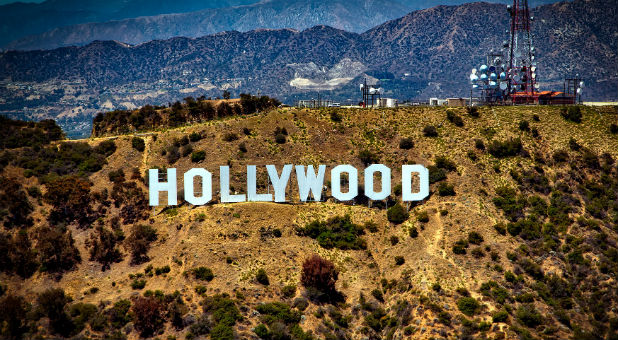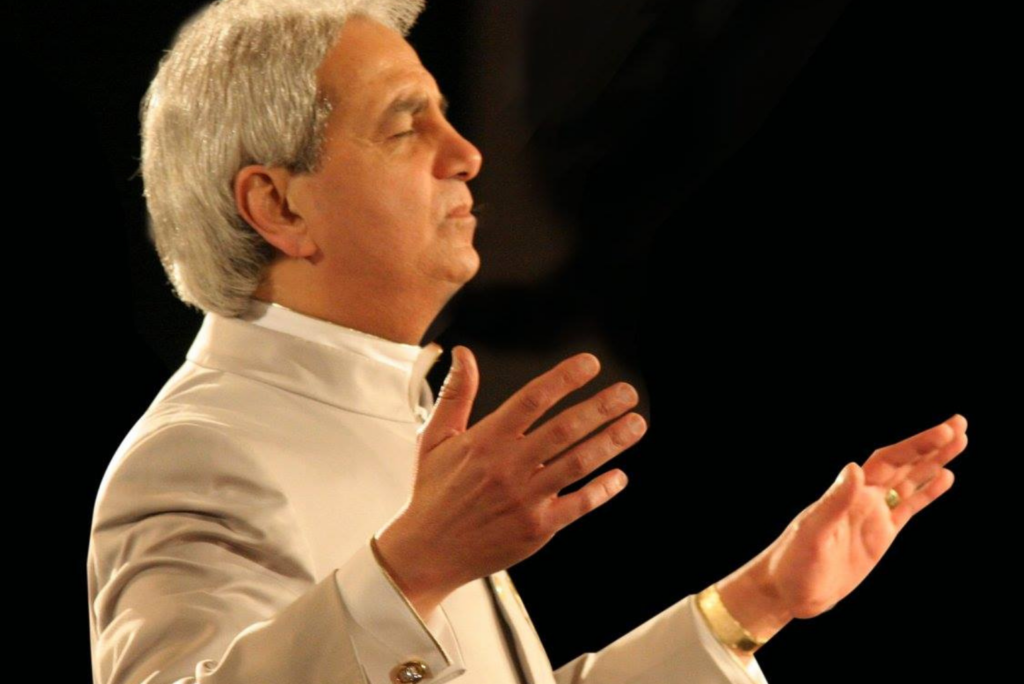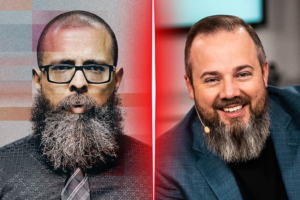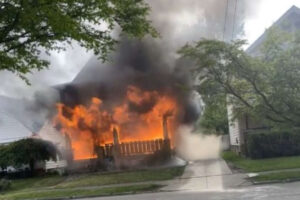The content streaming from Hollywood has, no doubt, devolved in recent decades, with sex, violence and racy content increasingly permeating our entertainment.
But did you know there was once a time in the not-so-distant past when movie studios made a pointed effort to self-censor, rejecting content seen as too sexual, violent or immoral?
The roots of self-censorship were set in the 1920s when feature films were still in their infancy. At the time, actors and performers were reportedly getting quite unruly, with their morally bankrupt behaviors raising more than a few eyebrows.
In real-life scenes that mirror some of what we’ve seen happen in Hollywood in recent decades, stars were overdosing, comic Fatty Arbuckle went on trial for alleged manslaughter over the case of a dead actress, and actress Mary Pickford reportedly got divorced to marry fellow actor Douglas Fairbanks, as NPR reported.
Such incidents made religious leaders nervous, leaving them looking for ways to halt the negative influence that was pouring down from Tinseltown into mainstream culture. Those fears manifested themselves in the form of state censorship boards, which essentially gave the government the right to crack down on movie content.
In fact, local governments essentially regulated films from 1915 until 1952, Dr. Thomas Doherty, professor of American studies at Brandeis University, told me in an interview for my new book, Fault Line: How a Seismic Shift in Culture Is Threatening Free Speech and Shaping the Next Generation.
“Movies [had] no First Amendment rights, which means state censorship boards, city censorship boards, a sheriff who didn’t like the film, could basically go in and shut down the movie,” Doherty explained.
Between the pressure from faith leaders and the government intrusion into the matter, it didn’t take long for Hollywood to opt for self-censorship, with the Motion Picture Producers and Distributors of America, an organization that later became the Motion Picture Association of America, creating a moral code that Hollywood studios subscribed to when releasing films.
Industry insiders came together to form the organization, which was headed by former politician William H. Hays from 1922 to 1945, as an effort to stave off government censorship. The Motion Picture Producers and Distributors of America, under Hays’ leadership, set up a series of control measures aimed at trying to keep Hollywood in check.
But there’s also a deeper story there: Christian leaders actually played an in-depth role in shaping what was coming out of Hollywood at the time—something that would seem unimaginable today.
“Roman Catholics were upset about the moral and social content of Hollywood cinema in the 1920s, so in around 1930, a couple prominent Catholics—a guy named Martin Quigley, who edited Motion Picture Herald … and a devout Catholic, a big-time Catholic layman and a Jesuit priest, named Father Daniel A. Lord—got together and wrote a moral code for the movies,” Doherty explained. “It had a moral philosophy, and then a list of prescriptions, things you should do, things you couldn’t do.”
It was this production code that offered up strict guidance for what would absolutely not be tolerated in Hollywood productions. Sex, crime, offensive language, nudity, illegal drug use, the ridicule of religion and certain other behaviors were cracked down on.
It should be noted, though, that the Production Code didn’t have an immediate impact, with many in Hollywood simply ignoring it. According to Doherty, the code was adopted by Hollywood in 1930 to “just get the Catholics off their back,” with studios proceeding to essentially ignore it for the next four years; it’s a time period that people now refer to as the “pre-code era”—a period when the code was active, but wasn’t yet fervently enforced.
“The Catholics get very upset, and in 1933-34, they form something called the Legion of Decency, which is a political action group,” Doherty said. “Unlike today, when the Catholic Church could tell its parishioners to do something and [they’d] ignore it, back in the ’30s they actually abided by it. So the Catholics could really keep people out of the seats of theaters if they condemned a movie, or if they said a movie would jeopardize your soul.”
This pushback created problems for movie moguls, which led to the creation of the Production Code Administration to ensure that the movie industry’s moral code that had been ignored since 1930 would finally be upheld; that move was more successful.
So, aside from the censorship concerns, why did Hollywood create and finally come to comply with the code? Much of the motivation boiled down to money, according to PBS. Hays was reportedly able to convince studios that abiding by the Production Code was the most prudent path forward. After all, if they didn’t, they would end up doling out more money to change films once government censorship boards got a hold of them.
But Dr. Ted Baehr, a film critic and the founder of Movieguide®, told me in an interview for Fault Line that studio heads’ hands weren’t simply forced; they saw immense benefit associated with the Production Code. They believed that it “protected them against unfair competition, that the code protected them from a race to the bottom, that the code built the industry into being a more effective and successful tool.”
Regardless of how it was accomplished, the faith effort helped turn Hollywood films and culture around from the debauchery of its early days to a more morally centered industry that took into account the impact that entertainment would have on the masses. Christian organizations like the Legion of Decency and the Protestant Film Office (another Christian group involved in shaping content) apparently made a pretty big difference, offering a buffer between Hollywood and the culture at large.
Baehr has often spoken out about this history, telling Charisma News, “Prior to the involvement of these Christian men in 1933, American movies were morally bankrupt—full of nudity, perversity and violence.”
Eventually, though, the influence of these religious bodies waned. The Protestant Film Office closed up its advocacy offices in 1966 after some denominational funding was pulled, and the Christian groups connected to the effort reportedly didn’t care to continue it—a scenario that Baehr believes had profound consequences on Hollywood and the culture at large.
“It set the scenes for moral collapse and degradation, and you went from The Sound of Music to the first X-rated film,” he told me. “The change that took place created a culture—because culture is downstream from the mass media of entertainment—created a culture which … got new scripts of behavior.” Baehr continued, “The new scripts of behavior [were], ‘Let’s all go out and have sex out of wedlock, take drugs and enjoy ourselves.'”
Doherty said the Legion of Decency is still around, but has changed its name to the National Catholic Office for Motion Pictures. While the body still rates movies, he said the organization isn’t as influential as it once was.
While there’s certainly an argument to be made against censorship, it’s also quite notable that society was once so repulsed by negative content that Hollywood was forced to change its ways—and chose to do so accordingly.
Decades ago, the industry seemed to see itself as having a responsibility of sorts to protect—or at least consider its impact. Today, though, it’s not uncommon to see many actors and actresses doing very little to ensure their work has a positive impact on society and, in particular, on youths. There’s certainly been a cost to that dynamic. {eoa}
See an error in this article?
To contact us or to submit an article























